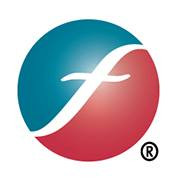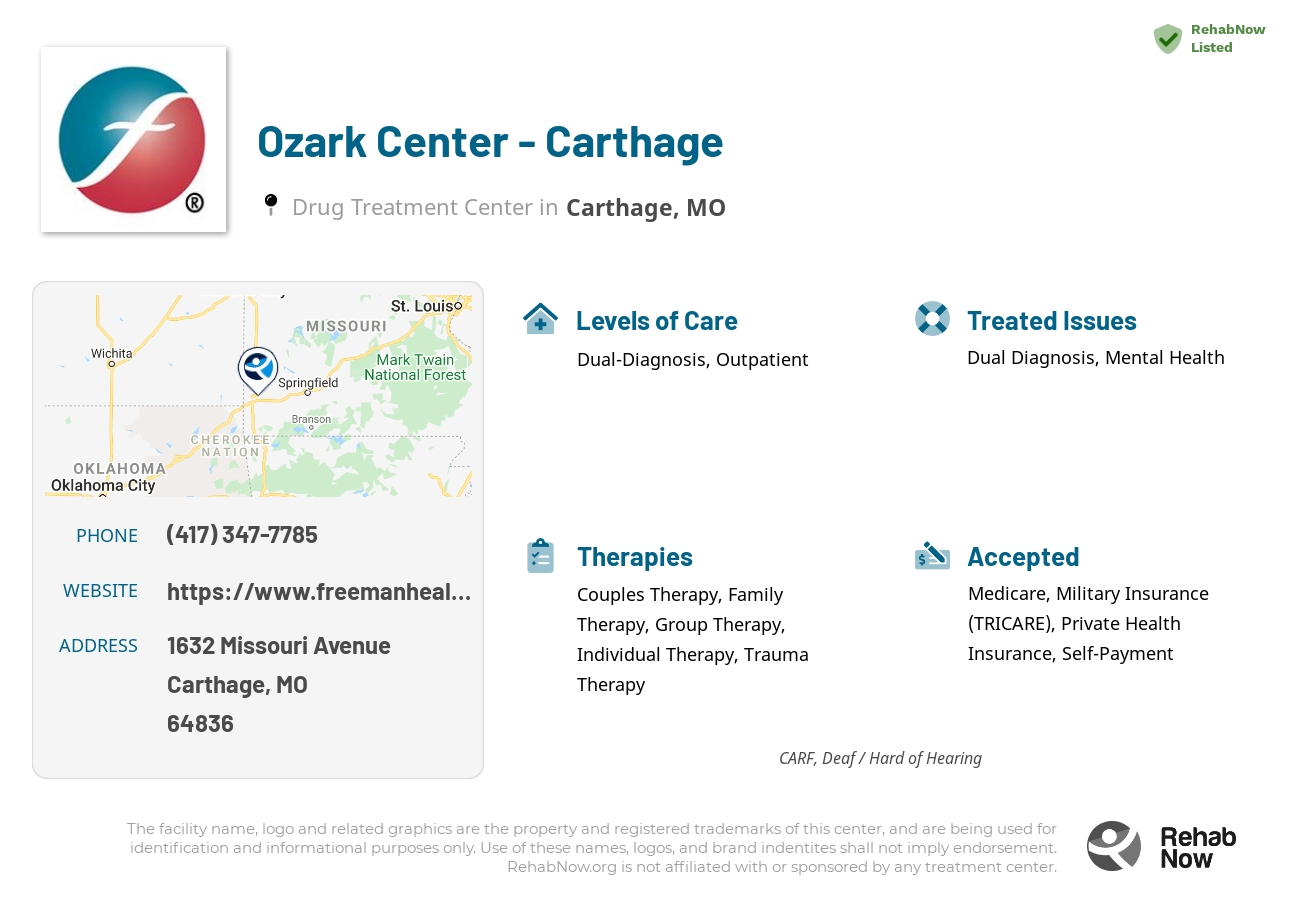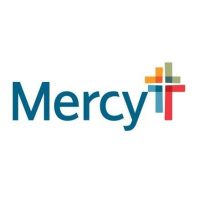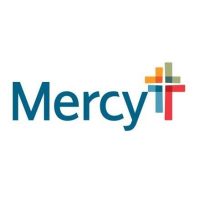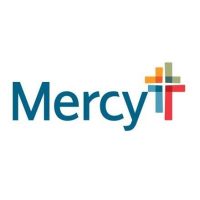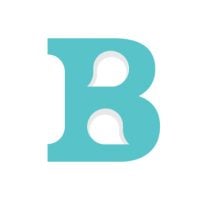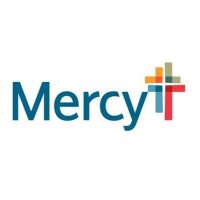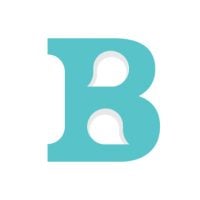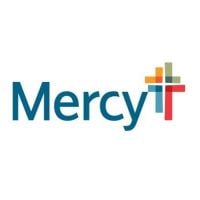Ozark Center - Carthage
Drug Rehab Center in Carthage, Missouri
Ozark Center in Carthage, Missouri, is a comprehensive treatment facility specializing in substance abuse, mental health, and behavioral health disorders, with highly trained and experienced healthcare professionals, evidence-based treatment services, and support in times of crisis or emergency.
About Ozark Center - Carthage in Missouri
Ozark Center is nestled in Carthage, Missouri, and stands out as a beacon for individuals grappling with dual diagnosis and mental health challenges. Beyond its dedication to treating these specific areas, the Center is known for its association with the acclaimed Freeman Health System, highlighting its commitment to offering exceptional behavioral health services.
Accredited by CARF, Ozark Center emphasizes the importance of accessible, high-quality care for those facing addiction and mental health issues. Their partnership with Freeman Health System enhances their capabilities, providing a comprehensive approach to treatment that encompasses everything from dual diagnosis to extensive aftercare support.
- Specializes in treating dual diagnosis, offering targeted care for individuals facing concurrent mental health and substance use disorders.
- Provides a continuum of care, including outpatient, partial hospitalization, and aftercare support, catering to the varied needs of its clients.
- Affiliated with Freeman Health System, enabling access to a broad array of specialized behavioral health services and support mechanisms.
At Ozark Center, individuals dealing with alcoholism, opioid addiction, drug addiction, and substance abuse find tailored treatment plans that include addiction counseling, group therapy, trauma processing, and medication management. This holistic approach ensures clients receive the comprehensive care necessary for recovery.
Genders
Ages
Modality
Additional
Accreditations

CARF
The Commission on Accreditation of Rehabilitation Facilities (CARF) is a non-profit organization that specifically accredits rehab organizations. Founded in 1966, CARF's, mission is to help service providers like rehab facilities maintain high standards of care.
Conditions and Issues Treated
When someone in struggles with both addiction and mental or emotional illness, this is considered a dual diagnosis. Dual diagnosis treatment can include therapy for these issues to happen simultaneously, which will allow either of them to be treated effectively.
Sometimes people who have suffered from addiction disorder also suffer from co-occurring disorders such as depression, anxiety, bipolar disorder, etc., making them “dual diagnoses.” Dual diagnoses require specialized treatment programs where drug and alcohol addiction are addressed along with psychiatric illnesses. Some rehabilitation facilities provide patients suffering from cooccurrences a program with highly integrated services and a clean environment with few distractions to help them succeed.
Levels of Care Offered
This center offers a variety of custom treatment tailored to individual recovery. Currently available are Dual-Diagnosis, Outpatient, with additional therapies available as listed below.
Outpatient treatment is often used for drug addicts in drug rehab. Outpatient treatment consists of counseling and therapy sessions. This form of treatment is also called ‘day-treatment’. The outpatient treatment process begins with the addict’s initial detox period, lasting about ten days.
Outpatient treatment is used for those who are at moderate risk for ‘slipping back’ into the addiction, for those who:
- Are not currently experiencing any side effects from withdrawal and can handle social pressure
- Can handle stressors that might trigger relapse
- Have a stable living environment or have moved out of their previous environment, which was not conducive to being sober
- Have a support system that allows them to go to a facility a few times a week while still keeping their current responsibilities
- Have no legal obligations, being either on parole or probation, that require them to seek treatment at a mandatory facility
- Are not currently experiencing any side effects from withdrawal and can handle social pressure
- Have a stable living environment or have moved out of their previous environment, which was not conducive to being sober
Therapies & Programs
Because no single treatment is effective for all addicts, the goal of treatment and therapy should be to figure out what works best for each individual. Tolerance and withdrawal levels differ from person to person, affecting the treatment intensity required. Addiction treatment should aim to help addicts develop healthy coping mechanisms for dealing with their addiction and its underlying causes.
Couples therapy works with clients and significant others in a professional capacity to improve relationship dynamics. This can be helpful for addicts who are trying to marry the idea of recovery into their work, family, social lives – any aspect that has to do with relationships. Through counseling sessions, addicts will have an opportunity to talk about their addiction with professional partners.
Family therapy is beneficial for people who are in addiction treatment services because it offers addicts the opportunity to work with their family members to better understand what led them to make choices that contributed to their addiction.
This type of therapy helps family members reach a deeper understanding of how they can best support their loved one during recovery. It also helps the addict better understand their own motivations and triggers that led them to turn to substance abuse.
Family therapy can help addicts in the following ways:
- Assists family members in processing difficult feelings so they don’t blame or resent recovering addicts
- Assists family members in understanding how addiction has impacted the addict and everyone who is involved with them
- Allows the addict to take responsibility for their actions, while encouraging improved communication skills
- Helps family members understand how to best support an individual in recovery so addicts don’t relapse again.
Group therapy can help build a stronger support system and give addicts in Carthage, MO insight into their addiction that they gain through shared conversations. Group therapy occurs in a controlled group environment, exclusive of one on one meetings. This makes it safer for patients to feel comfortable sharing the struggles they’re going through and gaining perspective.
Trauma therapy is beneficial for people who are recovering from drug addiction because it helps them heal from past traumas that may have caused them to turn to harmful substances or led them to experience negative emotions that contributed to their destructive behaviors.
This type of treatment works by processing difficult experiences so individuals can learn how to process these events without having to turn to substances for coping.
Trauma therapy can help addicts in the following ways:
- Helps individuals understand their experiences and emotional responses to difficult events, including why they turned to drugs or alcohol
- Provides them with comfort and support while working through difficult emotions related to these traumatic experiences
- Offers an opportunity for addicts to have a voice and be heard, which can improve their self-esteem
- Can help them develop coping skills so they can better respond to triggers instead of turning to substance abuse.
Cognitive-behavioral therapy is a technique that is used to help people with addiction. Specifically, it is a way of identifying thoughts and behaviors that cause the addiction. It is typically used in an individual counseling session.
The content explains cognitive behavioral therapy and how it works to address some behaviors that may be leading to unintended consequences in their life, as well as its benefits for those seeking sobriety.
It works by helping people to talk through their issues and addressing the thoughts that cause said behaviors. It is an excellent way of learning about oneself and one’s perception of the world.
Payment Options Accepted
For specific insurance or payment methods please contact us.
Is your insurance accepted?
Ask an expert, call (888) 674-0062
Freeman Health System Associated Centers
Discover treatment facilities under the same provider.
- Ozark Center - New Directions in Joplin, MO
- Ozark Center - Will's Place in Joplin, MO
- Ozark Center New Directions in Joplin, MO
- Ozark Center - Residential in Joplin, MO
- Ozark Center - Neosho Clinic in Neosho, MO
Learn More About Freeman Health System Centers
Additional Details
Specifics, location, and helpful extra information.
Carthage, Missouri 64836 Phone Number(417) 347-7785 Meta DetailsUpdated April 15, 2024
Staff Verified
Ozark Center - Carthage Patient Reviews
There are no reviews yet. Be the first one to write one.
Carthage, Missouri Addiction Information
Opioid-related overdoses in Missouri have been increasing steadily for the past three decades. In 2018, more than 1,130 people in Missouri died from opioid abuse. Methamphetamines and marijuana abuse have surpassed opioid abuse in Missouri. Missouri is the number 1 methamphetamine manufacturer in the country with more than 27 meth labs per 100,000 people.
Treatment in Nearby Cities
- El Dorado Springs, MO (52.1 mi.)
- Pacific, MO (215.6 mi.)
- Malden, MO (244.3 mi.)
- Springfield, MO (56.5 mi.)
- Florissant, MO (245.1 mi.)
Centers near Ozark Center - Carthage
The facility name, logo and brand are the property and registered trademarks of Ozark Center - Carthage, and are being used for identification and informational purposes only. Use of these names, logos and brands shall not imply endorsement. RehabNow.org is not affiliated with or sponsored by Ozark Center - Carthage.
